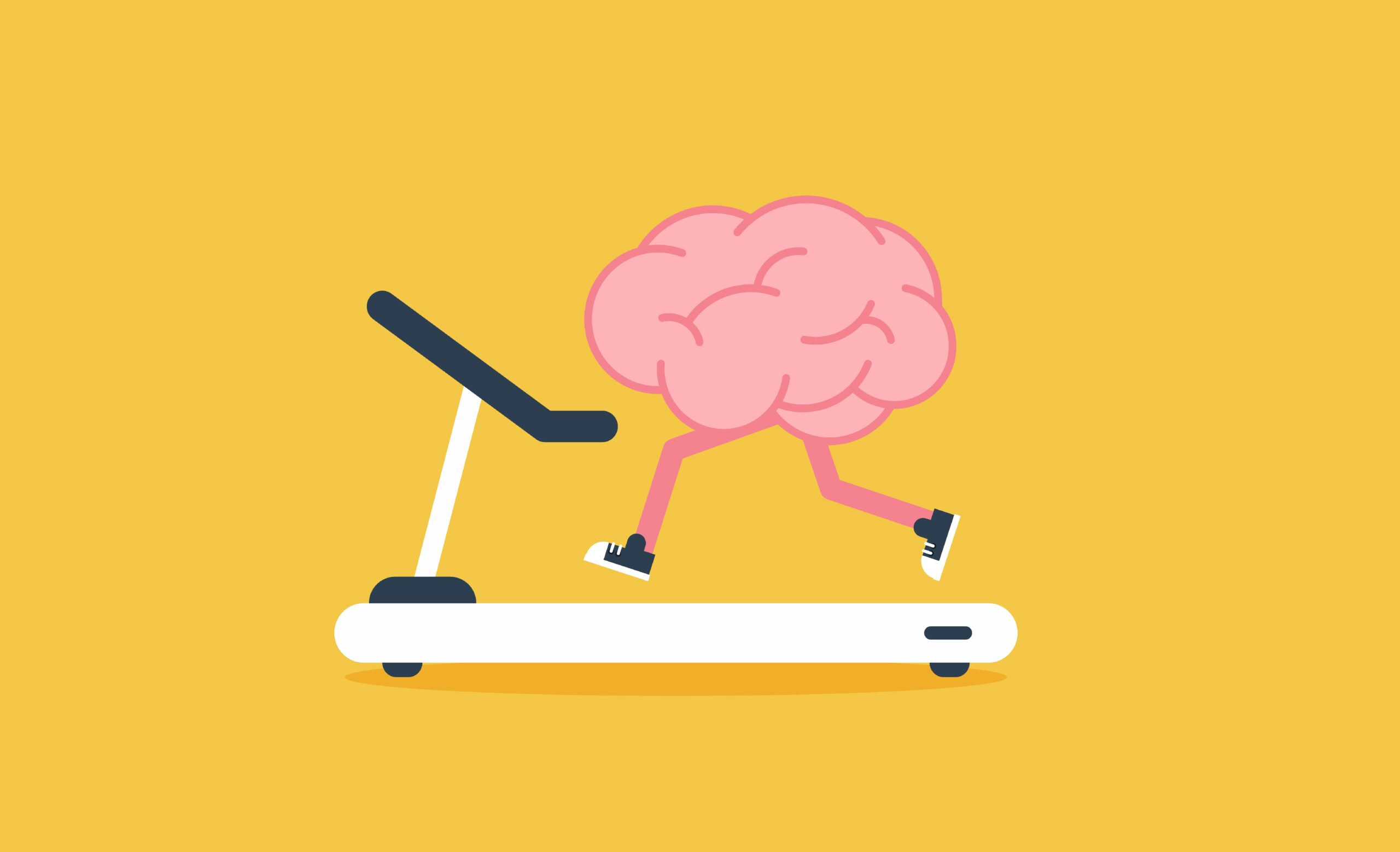Achieving Consistent Productivity Despite ADHD Executive Dysfunction

Despite making a pledge to be punctual and even setting a reminder alarm for your departure time, it's all too easy to dismiss the alarm and carry on with your current task, only to eventually find yourself an hour late.
You see the dishes piling up in your sink, yet the mere thought of tackling them feels overwhelmingly daunting. Another day goes by, and the pile of dirty dishes continues to grow.
Similarly, you recognize you have a bill that needs to be paid. Trying to sign in to your account, you realize you've forgotten your password. As you wait for the password reset email to arrive, other tasks distract you and the initial bill gets forgotten.
This scenario encapsulates the experience of living with ADHD - or more accurately, executive dysfunction. The brain's underlying executive functions, which aid in planning, organization, and execution, often fail to function as expected, making follow-through a fundamental struggle, even when you are aware of what needs to be done.
Many fall into the fallacy thinking they can "build" executive functioning capacity or "train away" deficits. However, this isn't the most effective approach for those grappling with ADHD. Keep reading to understand why, and discover what else can be done to help.
ADHD could practically be termed Executive Function Deficit Disorder. Essentially, it is a disorder that influences our ability to utilize our brain's daily functions and progress towards our short-term and long-term plans.
The crux of the problem is not that individuals with ADHD have weaker or fewer executive functions, but rather that such functions are inconsistently applied. This is evident when hyper-focusing on tasks that are of interest but struggling to concentrate on tasks considered dull or boring.
The essence of ADHD is the inconsistent translation of intentions into actionable behaviors. Generally, your success rate for accomplishing the appropriate task at the right time is slightly lower than that of individuals without ADHD. The challenge, therefore, is finding methods to boost your success rate.
Building a collection of executive function skills is not the solution. You're already aware of how to use a planner to stay organized, and understand that reminders are valuable for overcoming forgetfulness and managing time effectively. You know the importance of a to-do list and the need to keep distractions at bay. The challenge lies in the consistent application of these skills.
Achieving success entails the establishment of systems and safeguards to back up existing executive functions and relieve them of stress. It requires the development of deeper self-understanding, honesty, and an intentional approach, so you can coordinate your abilities in a manner that simplifies better decision-making.
Support your executive functions by delegating workloads to reliable tools.
Identify environments that enable you to perform optimally. Ask yourself about the context in which you work best and what helps you stay focused.
Your responses should be truthful and detailed. Don't automatically assume conventional techniques will work best for you. Perhaps you're most productive in a bustling coffee shop, when ensconced in the calming silence of an isolated library section, or while taking the bus or train. Maybe you just need a change of scenery if staying in one place for too long becomes monotonous.
Just a quick note on clutter - while disorganized surroundings may not support your efforts, don't stress too much about maintaining a picture-perfect environment, as long as you can still function efficiently.
Since our energy levels and focusing ability usually fluctuate throughout the day, schedule your most mentally demanding tasks for when you're at your mental peak. This could be after a workout session, in the morning before other tasks pile up, or in the evening post your day's demands. For medicated individuals, plan these tasks when your medication is most potent, instead of when it's wearing off.
We're constantly bombarded by temptations and distractions throughout the day. Though our executive functions exist to keep us aligned, there's no need to make their job harder than necessary.
We tend to procrastinate essential tasks when the potential rewards or penalties are unclear or too distant. This is why we race against the clock to complete major school or work projects at the last minute, when the repercussions of not submitting become imminent.
Chaos begets chaos. More things are likely to fall through the cracks with a disorganized, chaotic life. Trying to juggle it all and scrape by further burdens your executive functions. Reduce the chaos in your life by finding order wherever you can — with routines and healthy habits — to take the pressure off sensitive brain functions that are better used on cognitively demanding tasks. Intentionally build in breathing room to your daily schedule, especially during tricky transitions.
We can all agree that exercise, sleep, healthy eating, and mindfulness benefit cognitive and emotional processes, so don’t neglect these areas. Medication helps people with ADHD do what they know, so take medication as indicated.
The central question that will follow you throughout your life as you manage ADHD is, “How will I do the things I know I want to do?” The answer lies in continuing to set up good processes that will help you experience more desired outcomes than negative ones. The more success and productivity you experience in managing ADHD’s impact on your life, the healthier your self-esteem will be.
The content for this article was derived from the ADDitude ADHD Experts webinar titled, “Executive Function Strategies to Externalize Time, Memory, Motivation” with Ari Tuckman, Psy.D., MBA, which was broadcast on November 9, 2023.
SUPPORT ADDITUDE Thank you for reading ADDitude. To support our mission of providing ADHD education and support, please consider subscribing. Your readership and support help make our content and outreach possible. Thank you.




